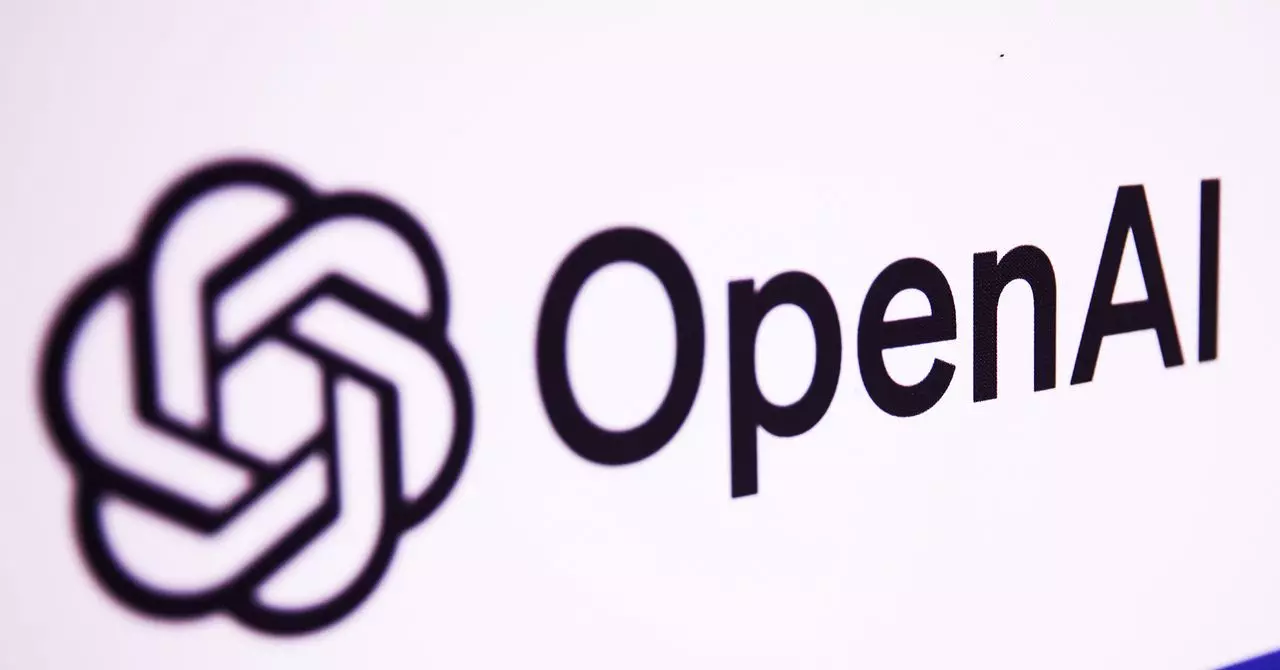The rapid advancement of artificial intelligence technologies has sparked a fierce rivalry among Silicon Valley giants to secure the brightest minds in the field. At the heart of this competition lies OpenAI, once seen as the unquestioned leader in AI research, now embroiled in a high-stakes contest to retain its top researchers. Recently, OpenAI’s chief research officer, Mark Chen, candidly revealed the intense pressure his organization faces after Meta’s CEO, Mark Zuckerberg, enticed several senior researchers away with exorbitant compensation packages.
What stands out in this confrontation is the stark contrast in approaches: Meta’s aggressive headhunting — reportedly including signing bonuses in the realm of $100 million — versus OpenAI’s commitment to fairness and culture preservation. The tension Chen expresses in his internal memo captures the emotional core of this corporate battlefield, describing the situation as akin to “someone breaking into our home and stealing something.”
Beyond Compensation: The Cultural Dimension of Talent Retention
The OpenAI leadership’s response, as Chen articulated, emphasizes not only competitive pay but also fairness and organizational integrity. This ethical stance is perhaps a double-edged sword. On one hand, it upholds a standard that resists indiscriminate financial bidding wars, aiming to maintain a cohesive and motivated research environment. On the other, it risks losing talent to rivals willing to push financial boundaries without such reservations.
Meta’s strategy appears unapologetically aggressive, treating AI talent as the ultimate resource worth lavish investment. While this approach may disrupt existing research teams, it also signals a profound shift from OpenAI’s earlier ethos of collaboration and transparency toward a more traditional corporate war for resources. The question arises: can OpenAI maintain its values without sacrificing competitiveness in an arena where billions are on the line?
Strategic Recalibration and Innovation in Retention
Chen’s memo hints at a recalibration underway inside OpenAI, involving revisiting compensation models and exploring creative incentives to counter Meta’s advances. This suggests a recognition that the era of intrinsic motivation alone sustaining elite AI researchers might be waning amid the escalating stakes and audacious financial enticements.
However, merely matching Meta’s financial offers may not be a sustainable long-term solution. Instead, OpenAI’s challenge may lie in crafting a compelling vision that combines competitive rewards with a unique mission-driven culture—one that fosters innovation without succumbing to purely transactional relationships. Leadership’s willingness to engage directly with employees who receive outside offers indicates a proactive stance, prioritizing dialogue over defensive secrecy.
Implications for the AI Ecosystem and Innovation
The heightened competition for AI talent is a bellwether for the industry’s maturation and the monumental economic potential AI holds. Yet, this war could have unintended consequences, including talent fragmentation and reduced collaboration across organizations. The aggressive recruitment tactics risk igniting a bidding war that inflates compensation beyond sustainable levels, potentially destabilizing the research landscape.
Moreover, the contrasting cultures between OpenAI and its competitors — such as Meta and Anthropic — underscore the complexity of retaining talent beyond mere financial considerations. While Meta’s rapid buildout indicates a willingness to invest heavily and move swiftly, OpenAI’s emphasis on fairness and internal morale suggests a more measured, albeit potentially vulnerable, strategy.
A Personal Take: The Necessity of Balance in Talent Wars
From my perspective, OpenAI’s predicament underscores a vital truth often lost in cutthroat corporate competition: the value of human capital extends far beyond dollars. Exceptional researchers seek environments where they feel respected, intellectually stimulated, and aligned with larger missions. If OpenAI can harness this intangible yet crucial factor alongside fair compensation, it can perhaps resist becoming another casualty in the era’s ruthless talent auctions.
That said, idealism must meet realism. It’s clear from Chen’s memo that OpenAI must evolve and adapt swiftly, or risk losing its edge. The question is not merely how to pay top researchers but how to cultivate an ecosystem so compelling that it withstands even the most lavish offers. In this evolving conflict, success hinges on blending competitive strategy with genuine cultural leadership—something only time will reveal whether OpenAI can achieve.


Leave a Reply